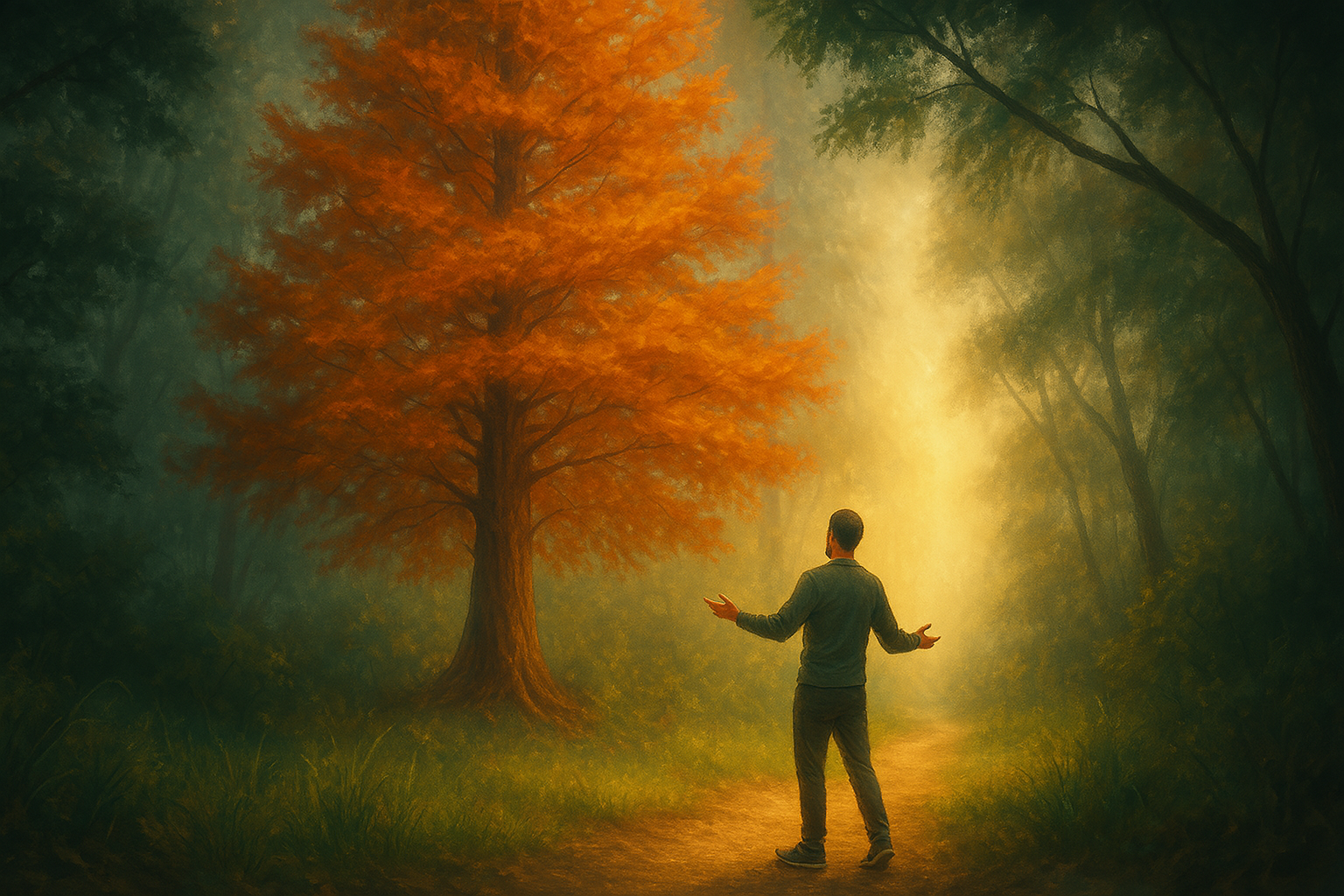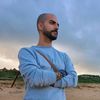Wander with Intention

When I was younger, "winging it" was my mantra. Planning felt pointless because life rarely unfolded as I expected. Why bother planning when things were going to go wrong anyway, right? So I went where the wind blew, immersing myself in whatever life threw at me. I found that spontaneity served me well—until suddenly, it didn't.
Leaving my parent's home thrust me abruptly into adulthood. Unstable, with no place of my own to stay and without a clear direction, I soon discovered that drifting wasn't just inefficient—it was unsustainable. My youthful rebellion against planning left me lost, searching for purpose and value. Drifting is easy when we have no responsibilities, but the anxiety I felt from lacking direction sometimes threatened to overwhelm me, leaving me feeling isolated and adrift.
Years later, while building my first startup, I read "The Lean Startup" by Eric Ries, a book that fundamentally reshaped my thinking. Its premise was elegantly simple: create a strategy, test it quickly, gather feedback, and then iterate. Instead of elaborate plans, Ries advocated for minimal viable products (MVPs)—simple, stripped-down versions released quickly to learn what works and what doesn't.
Intrigued, I realized this concept wasn't just for business—it was a blueprint for life. What if, instead of aimlessly drifting or rigidly overplanning, we viewed life as a series of experiments? Each decision, each pursuit, could be like wandering through an unexplored forest. With each step forward, we gradually uncover the path we’re meant to follow.
Applying this mindset transformed my approach to life decisions. Whenever uncertainty arose—whether considering a new career path, a lifestyle shift, or even personal habits—I began to form hypotheses. Would waking up early genuinely enhance my productivity? Would practicing mindfulness help me manage my stress better?
Instead of committing immediately, I tested each hypothesis with small, manageable experiments. I'd wake up half an hour earlier for a week, assessing my energy levels and productivity. After trying - and failing - to meditate for hours on end, I focused on my breath for a few quiet moments here and there, assessing how my mind and body felt after each brief session. Measuring the outcomes allowed me to gather insights, guiding my future choices with greater clarity.
Crucially, this approach forced me to embrace flexibility, a critical life skill. Not every experiment yielded the results I anticipated, and that was okay. If something didn’t resonate with me or yield the desired result, I pivoted without guilt or regret. I learned that while I couldn't control outcomes, I could always choose how to respond. Life isn't static; our preferences, circumstances, and goals evolve. Recognizing this natural fluidity empowered me to remain adaptable, continually refining my path based on experience rather than assumption.
Change, I've come to understand, is life's only constant. We can resist it, rigidly clinging to outdated plans or ways of working. But even the strongest tree can break under a powerful enough storm. Or, we can embrace the change, trusting ourselves to adapt and navigate life's inevitable storms, viewing each moment as an opportunity to test ourselves, learn, and grow.
Today, dear reader, I invite you to reflect on your own life. What hypotheses about yourself remain untested, hidden within the forest of your thoughts? What one small step could reveal your unique path forward?
Life is meant to be explored, questioned, and continuously re-imagined. Let us embrace this journey of experimentation. After all, discovering who we truly are begins with the willingness to try.
Until next week,
Ric.
